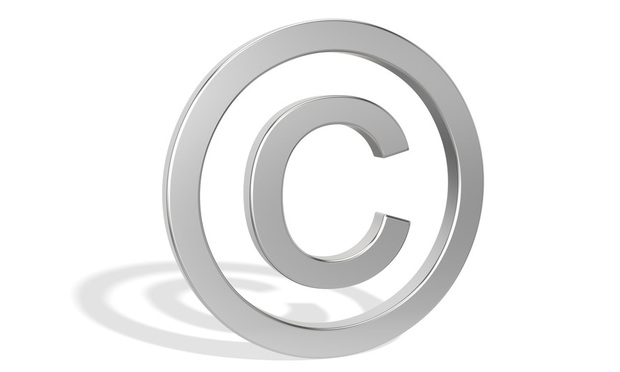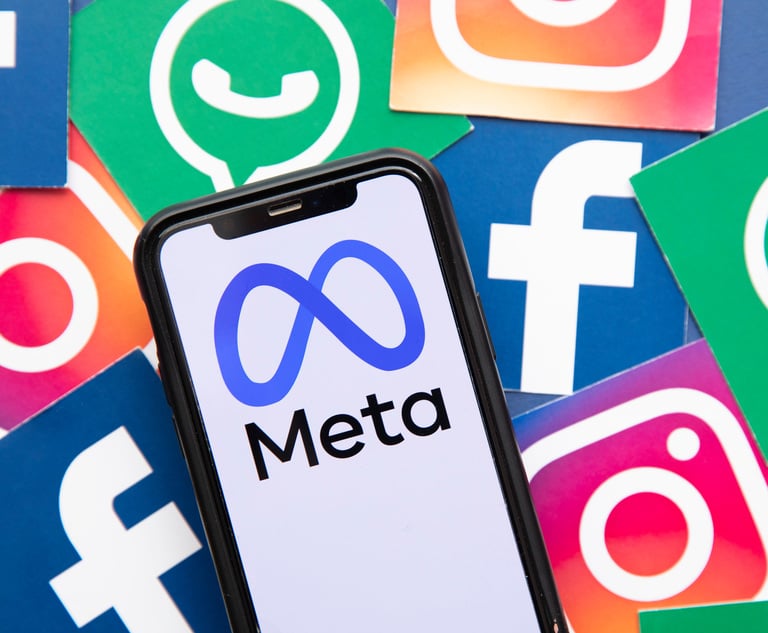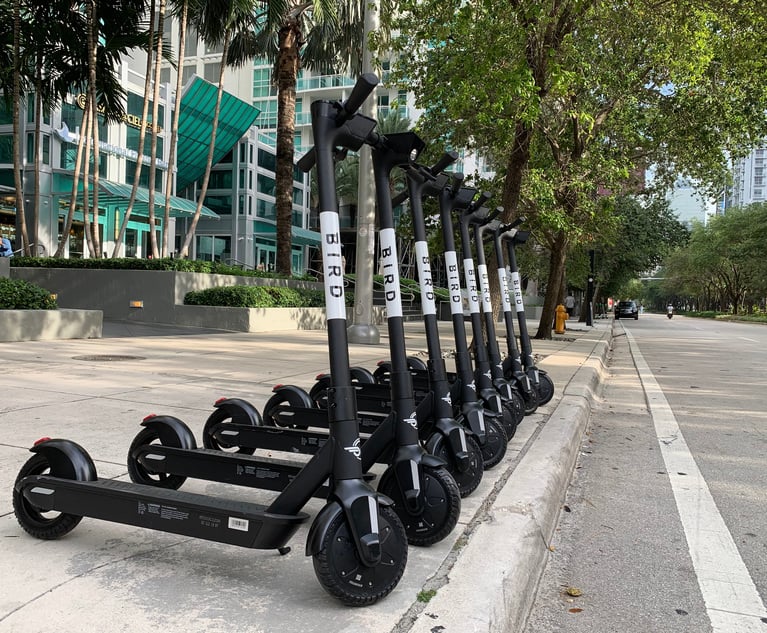 A company is about to introduce an innovative new smartphone and is engaged in negotiations to license a software platform for the new mobile devices. But the licensing negotiations fail, and the smartphone is about to go to market. If you’re Google, you include Oracle’s Java software platform in your Android phones without a license, and when you’re sued for copyright infringement, claim “fair use.” After years of litigation between two of the industry’s largest technology companies, the U.S. Court of Appeals for the Federal Circuit has held such conduct is copyright infringement, not fair use. Oracle America v. Google, Nos. 2017-1118 and 2017-1202 (Fed. Cir. March 27, 2018).
A company is about to introduce an innovative new smartphone and is engaged in negotiations to license a software platform for the new mobile devices. But the licensing negotiations fail, and the smartphone is about to go to market. If you’re Google, you include Oracle’s Java software platform in your Android phones without a license, and when you’re sued for copyright infringement, claim “fair use.” After years of litigation between two of the industry’s largest technology companies, the U.S. Court of Appeals for the Federal Circuit has held such conduct is copyright infringement, not fair use. Oracle America v. Google, Nos. 2017-1118 and 2017-1202 (Fed. Cir. March 27, 2018).
At issue is Google’s use of Oracle’s Java platform software that writes and runs programs in the Java programing language (API). The Java API is a collection of pre-written Java source code programs that allows programmers to build functions into their own programs, rather than write their own code from scratch. Although Oracle makes the Java platform freely available to programmers, it charges a licensing fee to those who want to use the API in competing platforms, or embed them in electronic devices such as smartphones. Although Oracle made available a free open source license version of Java, any company that improved on the software had to “give away those changes for free to the Java community.” Oracle’s Java quickly became the leading platform for developing and running apps on mobile phone. Google sought to develop a platform that would attract Java developers to build apps for its newly acquired Android. After licensing negotiations with Oracle came to an impasse, Google used Oracle’s copyrighted code contained in 37 API packages. Google then wrote its own implementing code so that the packages would work on its own Android smartphones. Although Google provides the Android platform free of charge to smartphone manufacturers, it has generated over $42 billion in revenue from related advertising. Oracle also lost customers such as Amazon and its Kindle tablet device to Android, who cited the Android platform as a reason to demand discounts for continuing with Oracle.






